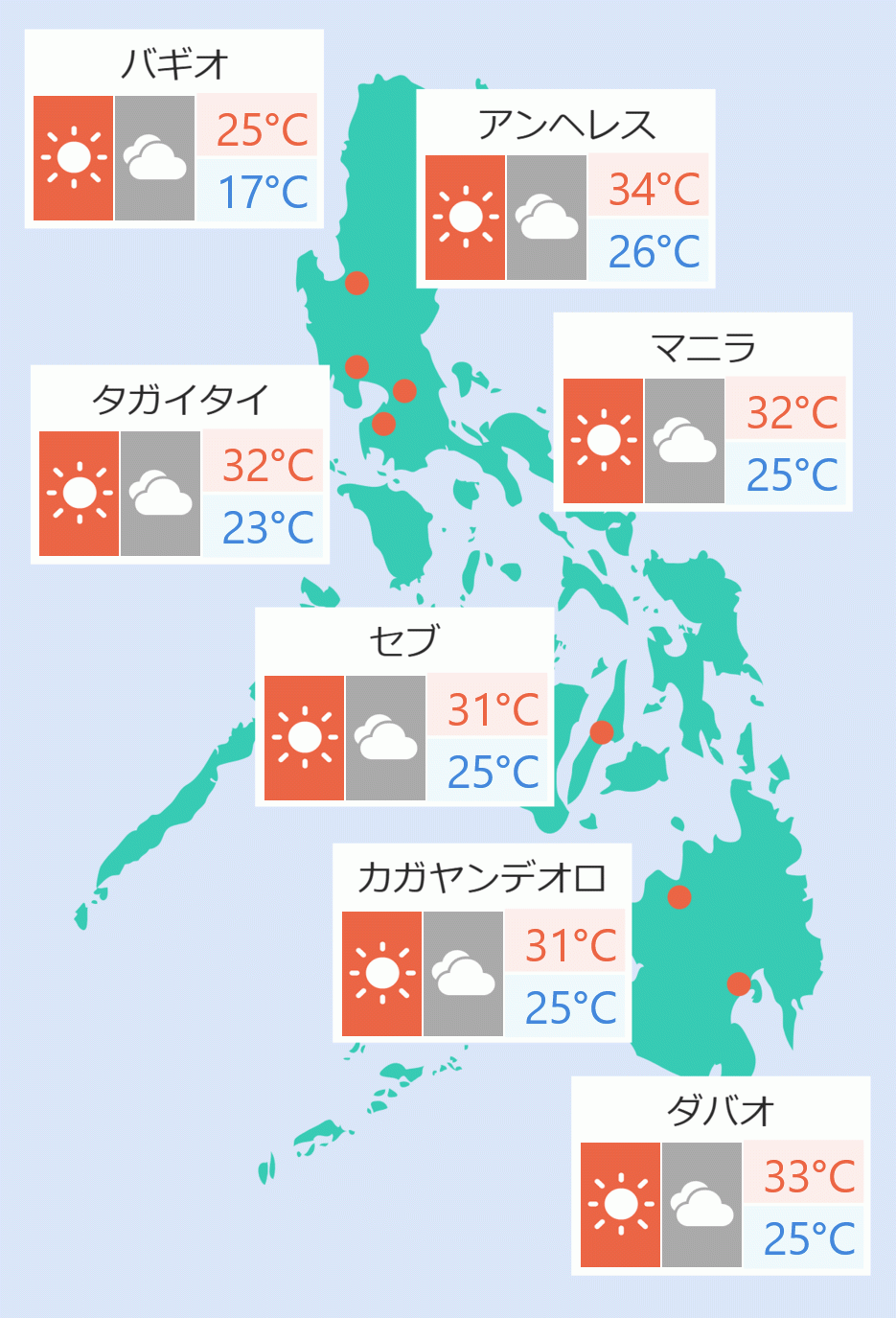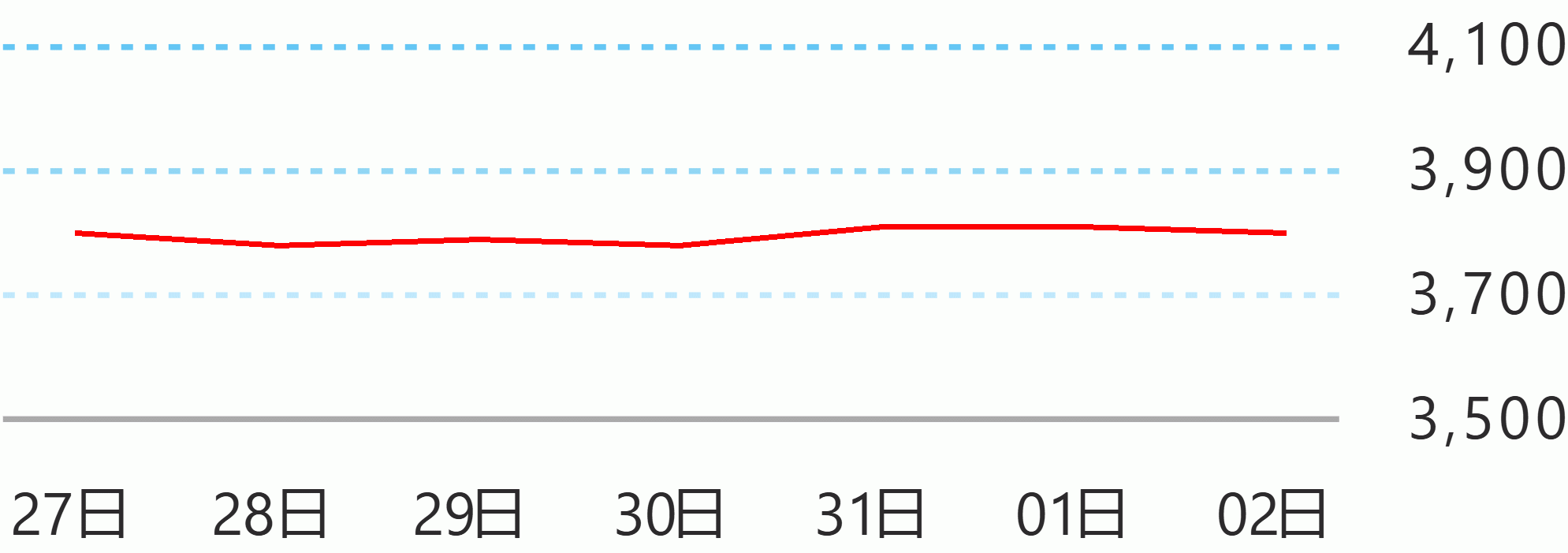Amid different hurdles being faced by the country including territorial disputes in the West Philippines Sea, COVID -19 remains the ''toughest challenge'' it ''aggravated regional tensions'', Defense Secretary Delfin Lorenzana said in a virtual conference on Thursday.
"The toughest challenge at the moment is the COVID-19 pandemic, beyond its public health aspect, it aggravated regional tensions. Major powers have capitalized on the crisis to boost their influence, even advancing disinformation and false narratives against one another," he said.
"It also caused a rise in hybrid security threats, like biosecurity risks and cybercrimes as the Interpol reports, terrorists have profited from the COVID-19 to accumulate income, strengthen their base, and intensify social divide," he added.
Lorenzana also noted the World Bank study on the effect of climate change in the region as he emphasized the other countries' activities that continue to overexploit marine resources in the South China Sea.
"The World Bank has a study that says that the effect of climate change may be that in 20 to 30 years about 80 million people will be affected by rising waters. Those islands in the Pacific and the Atlantic and also those communities in the coastal areas in this Pacific region," he said.
"Some countries, on the other hand, continue to overexploit marine resources, damage critical marine ecosystems; deplete underwater hydrocarbons; illegally drill oil in the South China Sea; and poach endangered marine creatures," he added.
Lorenzana said "as 2021 draws to a close, it is likely that these security and foreign policy concerns will continue to persist in 2022 and even beyond".
He stressed the importance of promoting multilateralism and strategic partnership amid the territorial disputes in the West Philippine Sea.
"As the Indo-Pacific region is set to face more uncertainties, there is more incentive for countries to band together, especially those with mutual interests. While resolving territorial disputes and balancing the geopolitical landscape remain tricky, non-traditional security threats present an impetus for cooperation," he said.
"The Philippines, therefore, should take a more active role in promoting multilateralism. It should lead and call on ASEAN to be more proactive in asserting the interests of its member states instead of being a passive stakeholder as for the ASEANs response to the emergence of non-traditional security threats," he added. Robina Asido/DMS





 English
English










